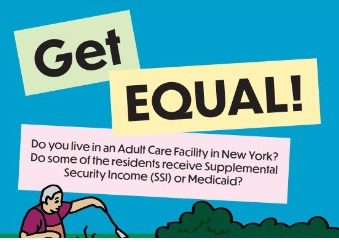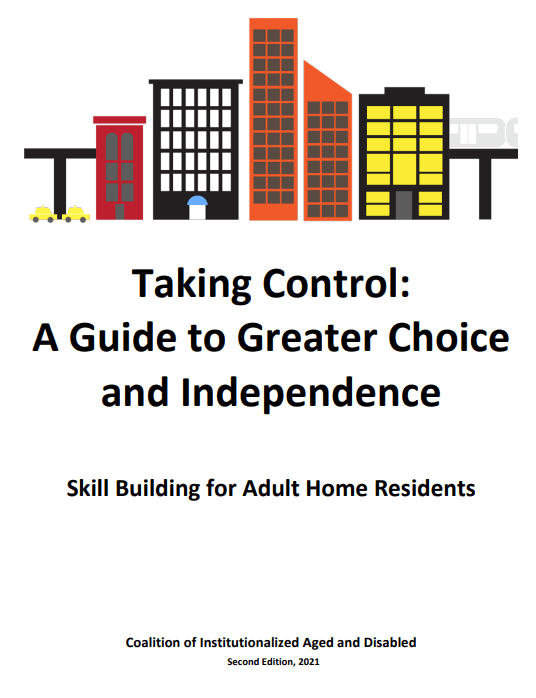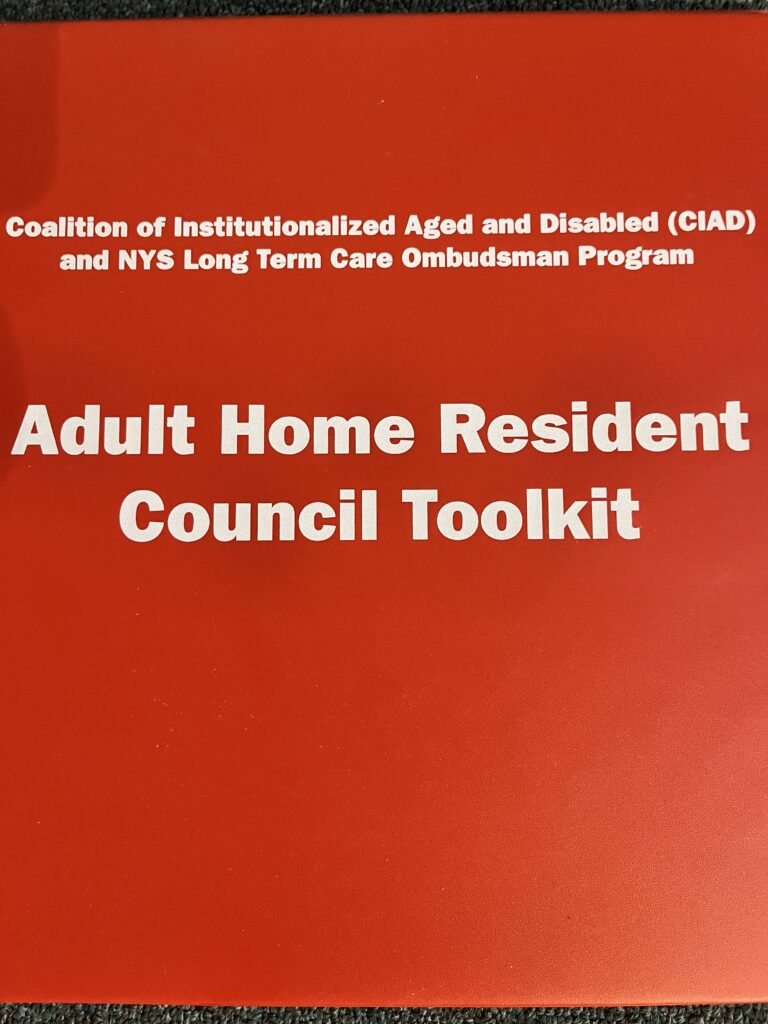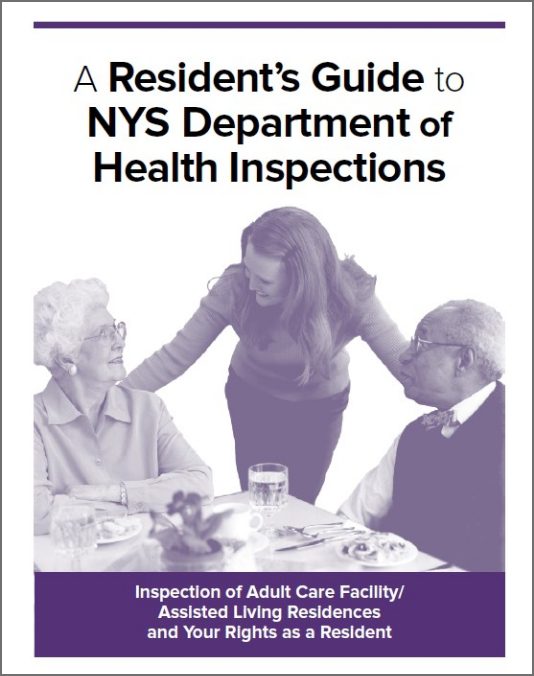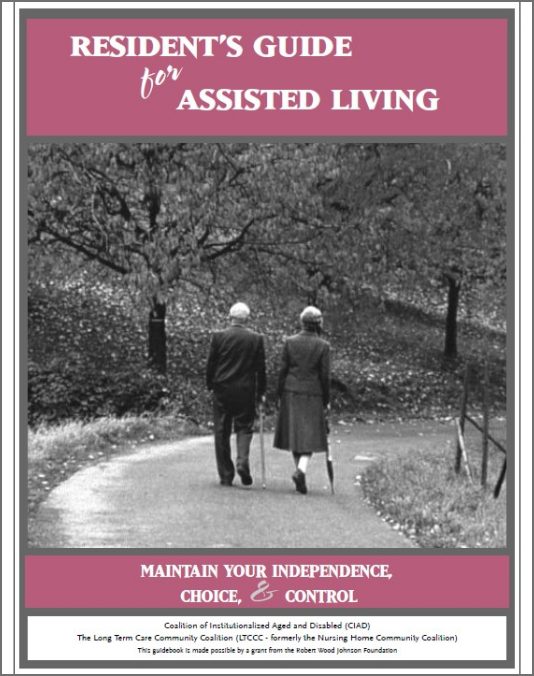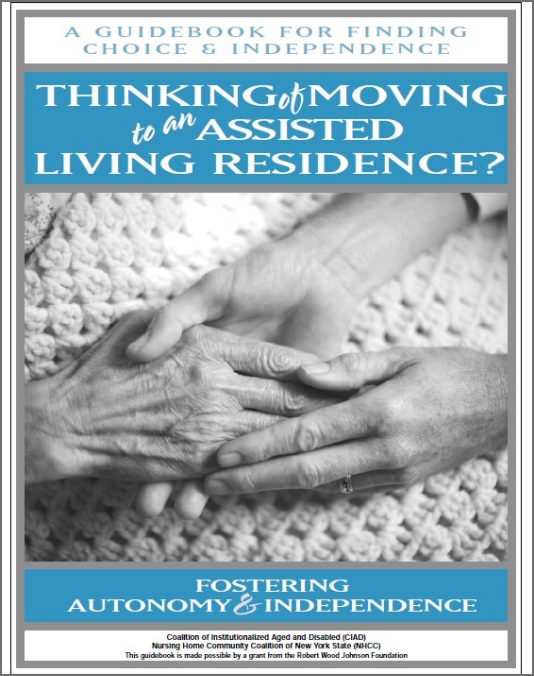Resources
Our new video Empowerment and Resiliency: The Impact of CIAD is now available to view.
Key to the empowerment of our Residents is the opportunity to grow in understanding their rights and how to effectively advocate for themselves and their homes.
CIAD offers extensive opportunities and resources for training and development for individual skill building as well as establishing and sustaining Resident Councils.
Resources listed below are freely accessible for the use of residents, Staff and our Allies.
For information or assistance in organizing your Adult Care Home or other matters call the CIAD Support Line 866-503-3332.
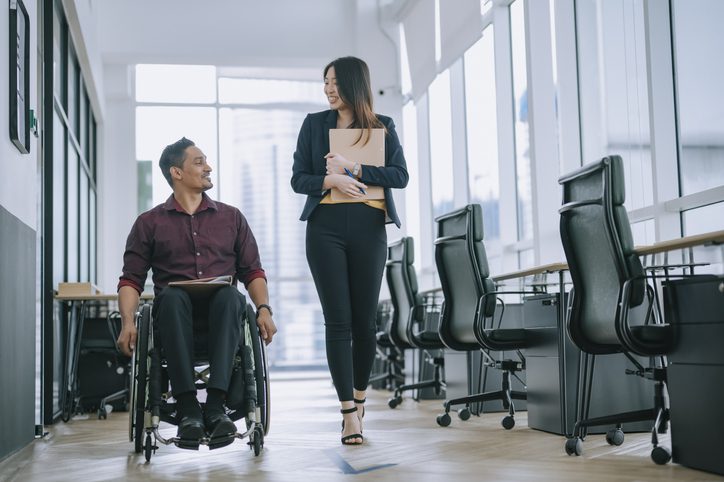
Taking Control: CIAD’s Program to Train Residents to Become More Independent
Life in an adult home can be challenging. One common challenge (is) can be the loss of skills to manage one’s own affairs as decision making and the opportunity to exercise personal agency becomes more and more limited when living in a facility. (due to institutionalization in the home.) The reality of Institutionalization can make it (tough) very difficult to maintain or regain your independence in the facility, to think about leaving, or to start a new life in the community.
Our Independence Training Program seeks to increase residents’ autonomy and control over their lives through a series of nine small group living skills sessions, provided by CIAD’s Peer Advocates. CIAD’s Taking Control: A Guide to Greater Choice and Independence serves as the syllabus for the training as well as a manual for residents to use on their own.
Three Skillsets Covered in the Guide:
- Activities (or skills) of daily living, such as taking your medication and managing your budget;
- Skills to help connect to the world beyond your adult home, including community connections and travel and shopping;
- Skills to set and reach your goals and communicate effectively.
Adult Home Resident Council Toolkit
A resident council is an organization run by and for adult home residents. Like a tenant’s association, councils represent the residents’ interests and provide a way for residents to have a say in the way their home is run.
The Toolkit is a compilation of materials for establishing and operating resident councils, including:
- How-to’s on starting and structuring councils
- How-to’s on running meetings and problem-solving
- How-to’s on council facilitation for adult home staff and ombudsmen
- Leadership development materials for council members who want to improve their skills
- Project ideas
- Sample bylaws, minutes and other documents used by existing resident councils and food committees.
Know Your Rights
Mobilization for Justice Legal Resources: Mobilization for Justice
Toll free (877) 417-2427
Rights of Adult Home Residents
The New York State Department of Health’s Annual Inspection and Your Rights as a Resident When Your Home is Inspected https://www.health.ny.gov/publications/1494/index.htm
Legal and Regulatory Resources
- Department of Health (DOH). The main agency responsible for the oversight and licensing of adult homes. Visit DOH’s website to get a listing of adult homes, and to get a list of homes that are on the state’s “do not refer list”. DOH also operates a 24 hour complaint hotline, where residents and/or advocates can raise issues in the home and have them investigated.
- The number for the complaint hotline is 1-866-893-6772.
- Justice Center for the Protection of People with Special Needs. The Justice Center investigates complaints involving abuse, mistreatment, and neglect in some adult homes. To contact the Justice Center call 855-373-2122. Visit their site (above).
- Office of Mental Health (OMH) is the agency that oversees mental health programs, such as off-site or on-site adult day programs, and case management services. To contact OMH concerning questions or issues with mental health programs, call their toll-free line at: 1-800-597-8481 or visit their site (above).
- Long Term Care Community Coalition
- NYC Long-Term Care Ombudsman Program
1- 888-855-9807 The Bronx, Manhattan & Staten Island
1- 888-855-9807 Brooklyn & Queens
Media
CIAD trained a group of residents to use professional cameras, sound equipment, lighting equipment, and editing programs to create a series of high-quality, resident-directed documentary and public education films about adult homes.
The project was funded by the New York Community Trust and a Manhattan Neighborhood Network (MNN) Community Media Grant. CIAD members were able to learn the basics of producing and editing from MNN’s Community Media Program.
More information about MNN.
Our series of documentary and public education videos is available on our YouTube channel and include:
- Looking For A Home – To document the critical need for mental health housing, this award-winning video takes us to the Campaign for Mental Health Housing’s January 2007 rally in Albany and interviews consumers, providers and advocates about the nature of the problem.
- Coco’s Story – Coco Cox compares her old life in a 256-bed adult home for the mentally ill to her new life in her own supported housing apartment. Coco’s Story has been shown many times to both educate and inspire residents who are thinking about moving as part of the O’Toole Housing Settlement.
- Dying for Air – A public education project that highlights the need for air-conditioning in facilities housing the elderly and disabled in assisted living facilities. The documentary contributed to a successful campaign to air condition resident rooms across New York State.
- Who Was That Guy? – Depicts the New York State Department of Health’s annual adult home inspection program from the residents’ perspective. This video was used to train and sensitize adult home inspectors from across New York State.
- Adult Home Resident Speak-Out – A film showing CIAD’s very first Adult Home Resident Speak Out in 2004. Our 12th Annual Speak Out took place on March 1, 2016.
- Shoes Blues – Through interviews with residents about the terrible condition of their shoes, Shoes Blues highlights residents’ need for clothing. The EQUAL Grant Program has become an important and popular source of funds among residents to replace their worn and lost clothing.
Nursing Home Resources
For Nursing Home resources please visit the Long Term Care Community Coalition’s nursing home website.

